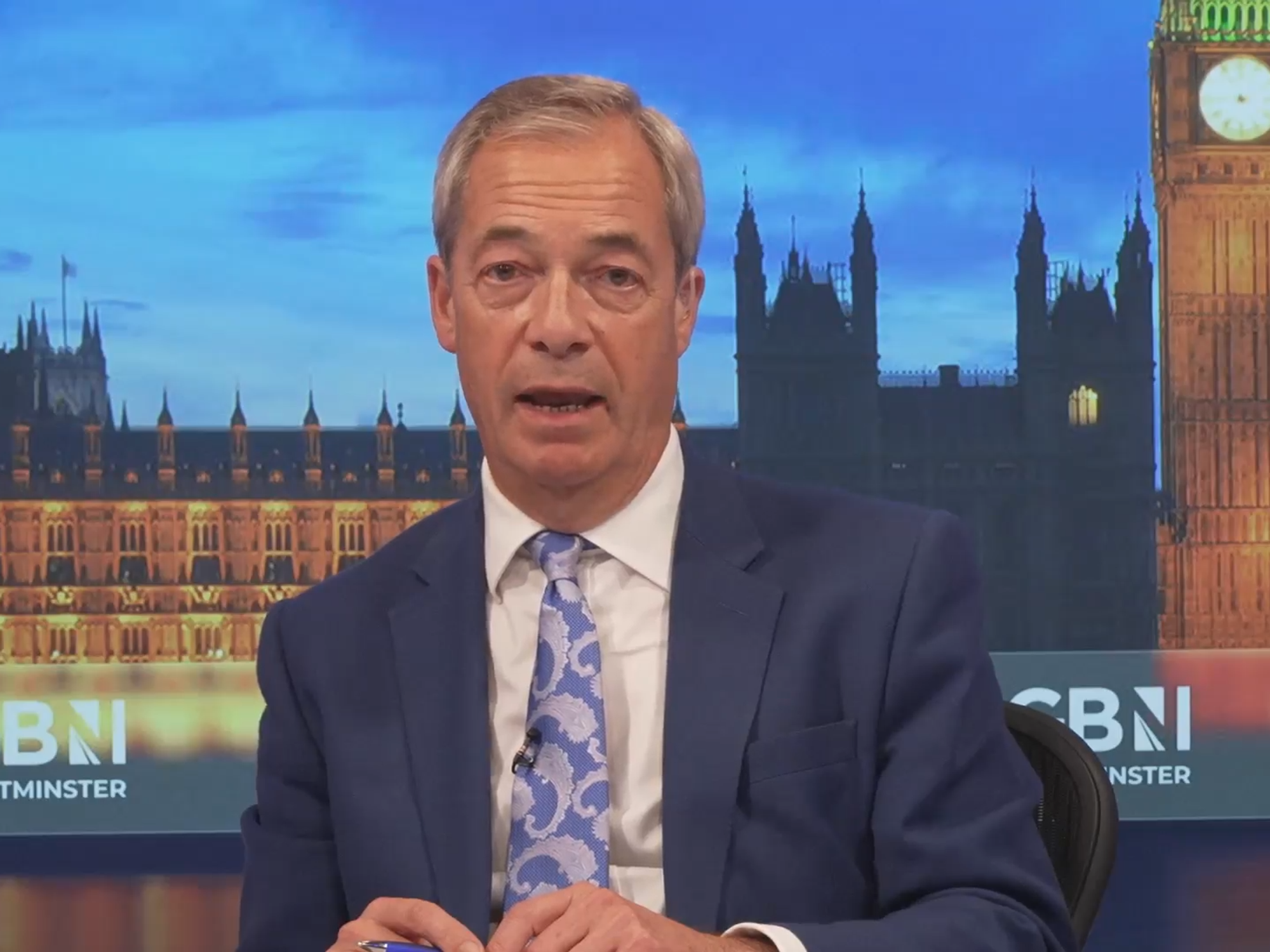Inheritance tax alert: Families rush to use little-known rule that could save your children thousands

Financial advisers are seeing a little-known legal mechanism that protects children from inheritance tax being used increasingly by British families
Don't Miss
Most Read
Families are increasingly turning to a little-known loophole to shield their children from hefty inheritance tax bills, experts say.
Financial advisers report a sharp rise in people using a "deed of variation" to redirect inherited wealth into a trust after the death of a parent.
This option allows beneficiaries to alter how an estate is distributed, and crucially, it is treated as though the person who passed away had made the decision.
In practice, an individual can take the inheritance left to them and place it into a discretionary trust, which will fall outside their own estate.
As a result, when they later pass away, their children will not face an inheritance tax bill on that portion of wealth.
Experts say the move could save families hundreds of thousands of pounds, particularly as more people are caught by the Government’s tightening inheritance tax rules.
 Inheritance tax can be reduced by giving gifts - but rules do apply | GETTY
Inheritance tax can be reduced by giving gifts - but rules do apply | GETTYThe timing is critical. A deed of variation must be completed within two years of the death of the person who left the inheritance.
If they act quickly, this may be possible for families who have recently received a substantial sum.
Scott Gallacher, director of advice firm Rowley Turton, said the new interest in deeds of variation is directly linked to the Government’s recent policy changes.
 Britons are concerned about the rising tax burden | GETTY
Britons are concerned about the rising tax burden | GETTY"We are now discussing deeds of variation with almost every client we see, as the Government's new inheritance tax raid on pensions is dramatically increasing the number of families facing inheritance tax on their estates," he said.
"In many cases, this approach is creating six-figure inheritance tax savings. Ideally, families should consider trusts before the estate is passed down, but these are difficult conversations."
Independent adviser Samuel Mather-Holgate from Mather and Murray Financial agreed that the strategy is becoming more widely considered.
"These deeds of variation have been under-utilised, even before the inheritance tax changes, but the proposed reforms are bound to get people thinking in new ways.
"There are important considerations about trusts, and professional advice is essential, but used wisely, these tools could save millions of pounds across a family over generations."
A discretionary trust allows assets such as cash, property, shares or land to be managed by trustees who then decide how and when money is distributed to beneficiaries.
Because the assets are deemed owned by the trust rather than an individual, they usually fall outside inheritance tax calculations. This has made them attractive for families looking to ensure wealth is passed down intact.
 The standard inheritance tax rate is 40 per cent above the £325,000 threshold, which many Britons are being pulled into paying | GETTY
The standard inheritance tax rate is 40 per cent above the £325,000 threshold, which many Britons are being pulled into paying | GETTYHowever, deeds of variation are not without their complications. The document must meet strict requirements, and in some cases, the consent of other beneficiaries is needed, which can cause disputes.
Legal advice is therefore strongly recommended. Inheritance tax was once an issue only for the very wealthy, but changes due to take effect from 2027 will bring pensions into estates for tax purposes, while from next year, business assets worth over £1million will also be included.
As a result, many families who never expected to be affected are now seeking urgent advice.
For those who have recently inherited, a deed of variation could offer a rare and powerful opportunity to shield loved ones from a future tax bill. However, strict rules and deadlines narrow the window to act.
More From GB News










